Europe's leaders battle banking crisis as market rout hangs over Brussels summit
Shares of Deutsche Bank traded more than 14% lower at one point Friday after a Thursday evening surge for its credit default swaps.

Germany's Chancellor Olaf Scholz said Deutsche Bank is profitable after shares dipped more than 10% during European trading.
Ludovic Marin | Afp | Getty Images
BRUSSELS — European leaders on Friday were keen to stress that the region's banking sector was stable and sound following Deutsche Bank's sudden slide as markets opened for trade.
German Chancellor Olaf Scholz told reporters at an EU summit that Deutsche Bank is a profitable business with no reasons for concern.
The German lender "has modernized, organized the way it works. It is a very profitable bank and there is no reason to be concerned," he said, according to a translation.
Shares of the German lender traded more than 14% lower at one point Friday after a Thursday evening surge for its credit default swaps — a type of contract to insure against a default. This comes just days after the emergency rescue of Credit Suisse and the collapse of Silicon Valley Bank as well as several measures from authorities stateside to avoid contagion across the financial sector.
French President Emmanuel Macron also told reporters in Brussels that the banking system is solid, while European Central Bank President Christine Lagarde said the euro area is resilient because it has strong capital and solid liquidity positions.
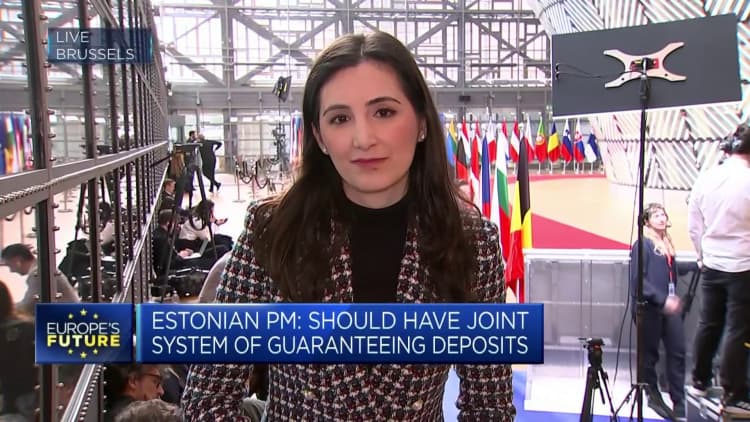
"The euro area banking sector is strong because we have applied the regulatory reforms agreed internationally after the Global Financial Crisis to all of them," she said, according to EU sources.
The 27 EU leaders were gathered for their usual end of quarter meeting. Geopolitics dominated the first day of talks, but the banking turmoil ended up being the focus for Friday. This became the case, in particular, as the leaders' conversations developed in parallel to the sharp sell-off in Deutsche Bank shares.
In the run up to the gathering, European officials had expressed their frustration with the lack of regulatory controls in the United States, where the recent banking turmoil first emerged. They have been nervous about potential contagion to their own banking sector, mainly as it's not been that long since European banks were in the depths of the global financial crisis.
"The banking sector in Europe is much stronger, because we have been through the financial crisis," Estonia Prime Minister Kaja Kallas told CNBC Thursday.
In the wake of the 2008 shock, European banks underwent massive restructuring and had to significantly shore up their balance sheets.
But the EU is still somewhat vulnerable to shocks given that it has a monetary union within the euro area, where 20 nations share the euro, but lacks a fiscal union. Fiscal policy is still the responsibility of the individual governments rather than one single institution.
"We need to progress on completing the banking union; further work is also necessary to create a truly European capital markets," Lagarde also told the 27 EU heads of state on Friday.

The banking union is a set of laws introduced in 2014 to make European banks more robust. The debate has been politically sensitive, but the reality that high interest rates are here to stay has made it even more pressing.
The idea for a true capital markets union is to make lending easier across the region, where often national bureaucracy can differ from country to country.

 JimMin
JimMin 







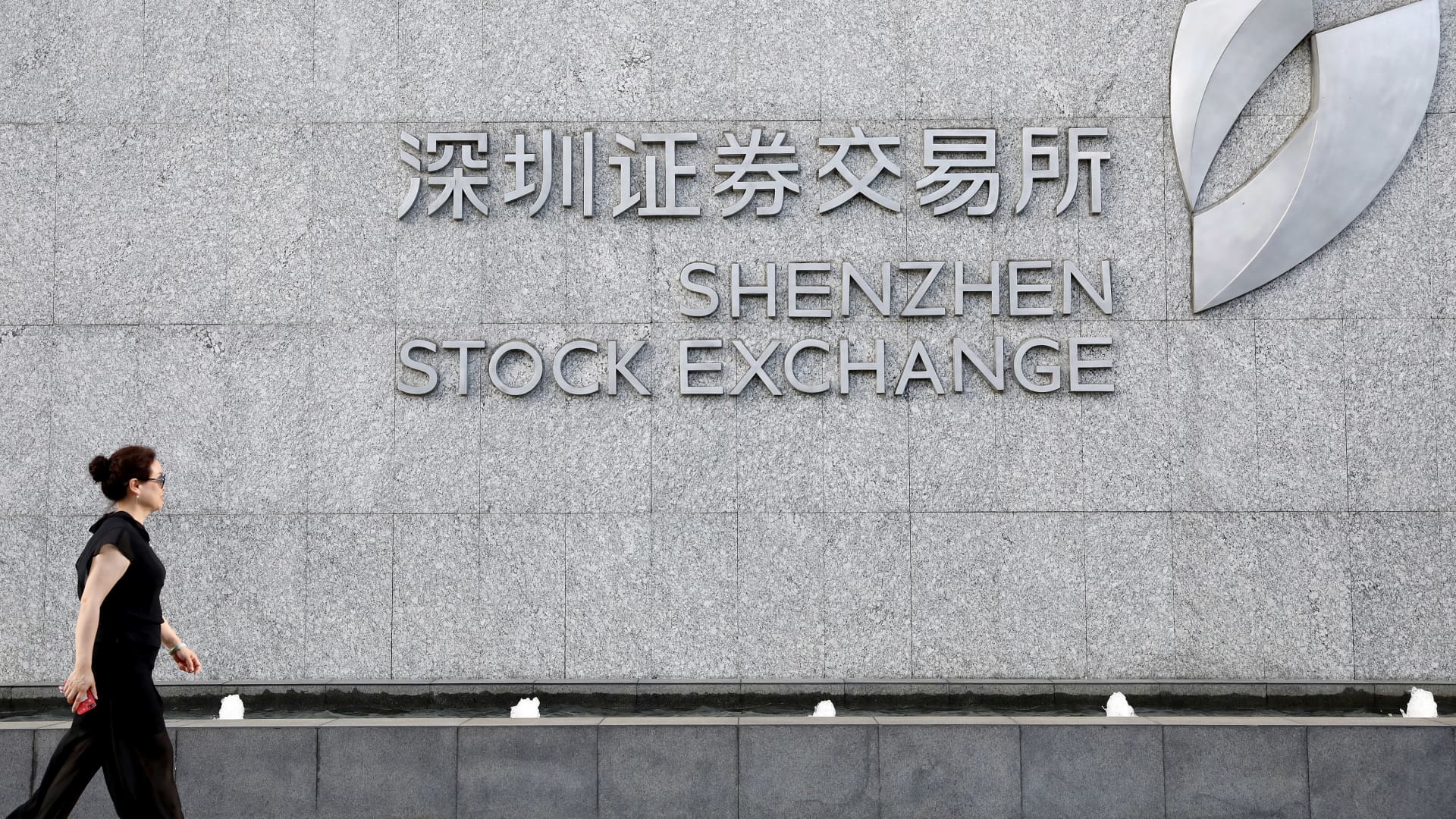


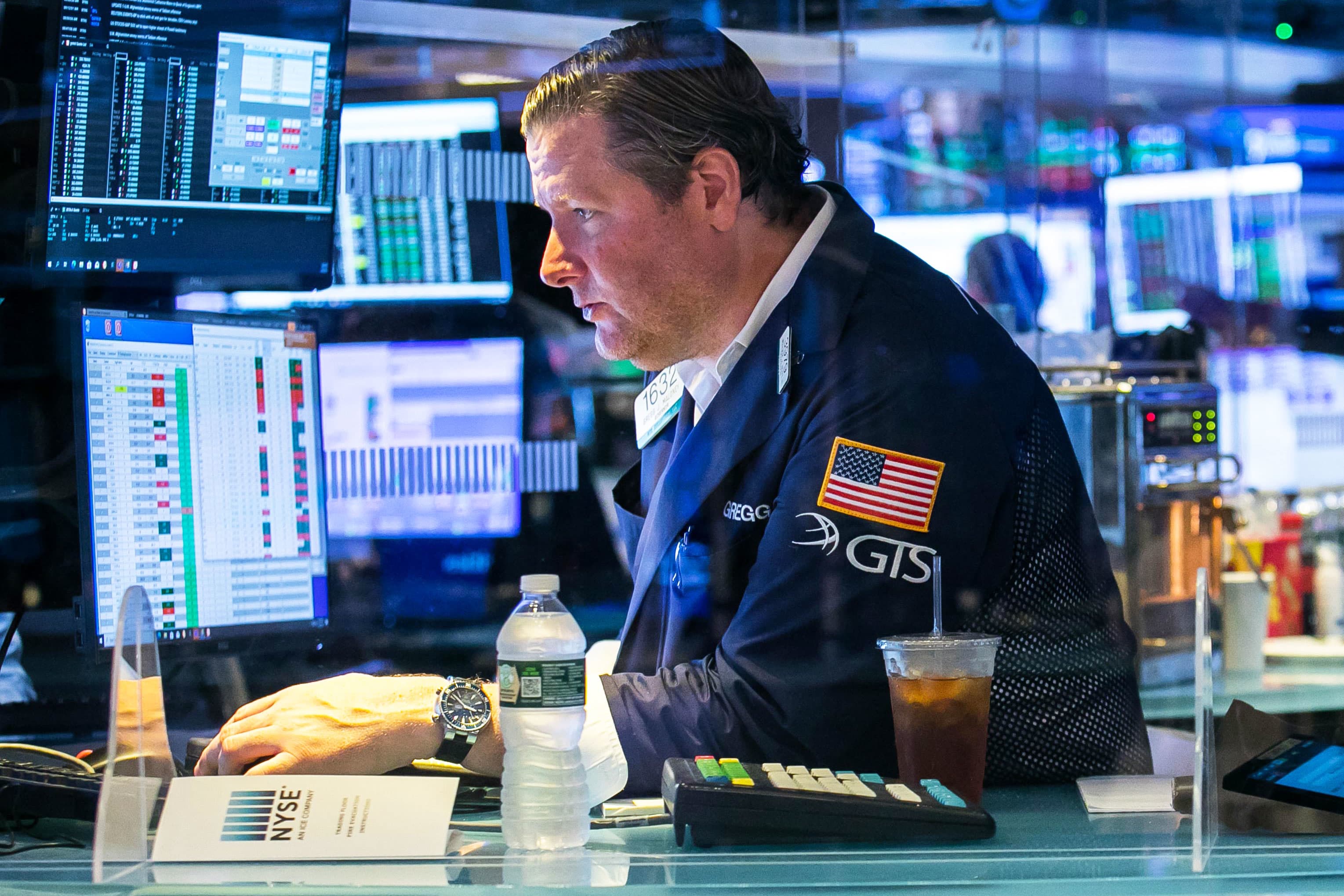
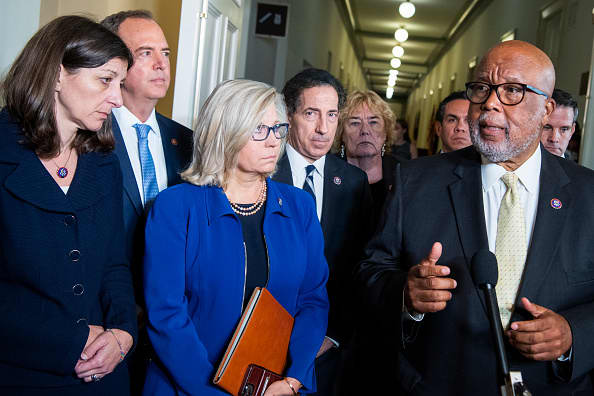







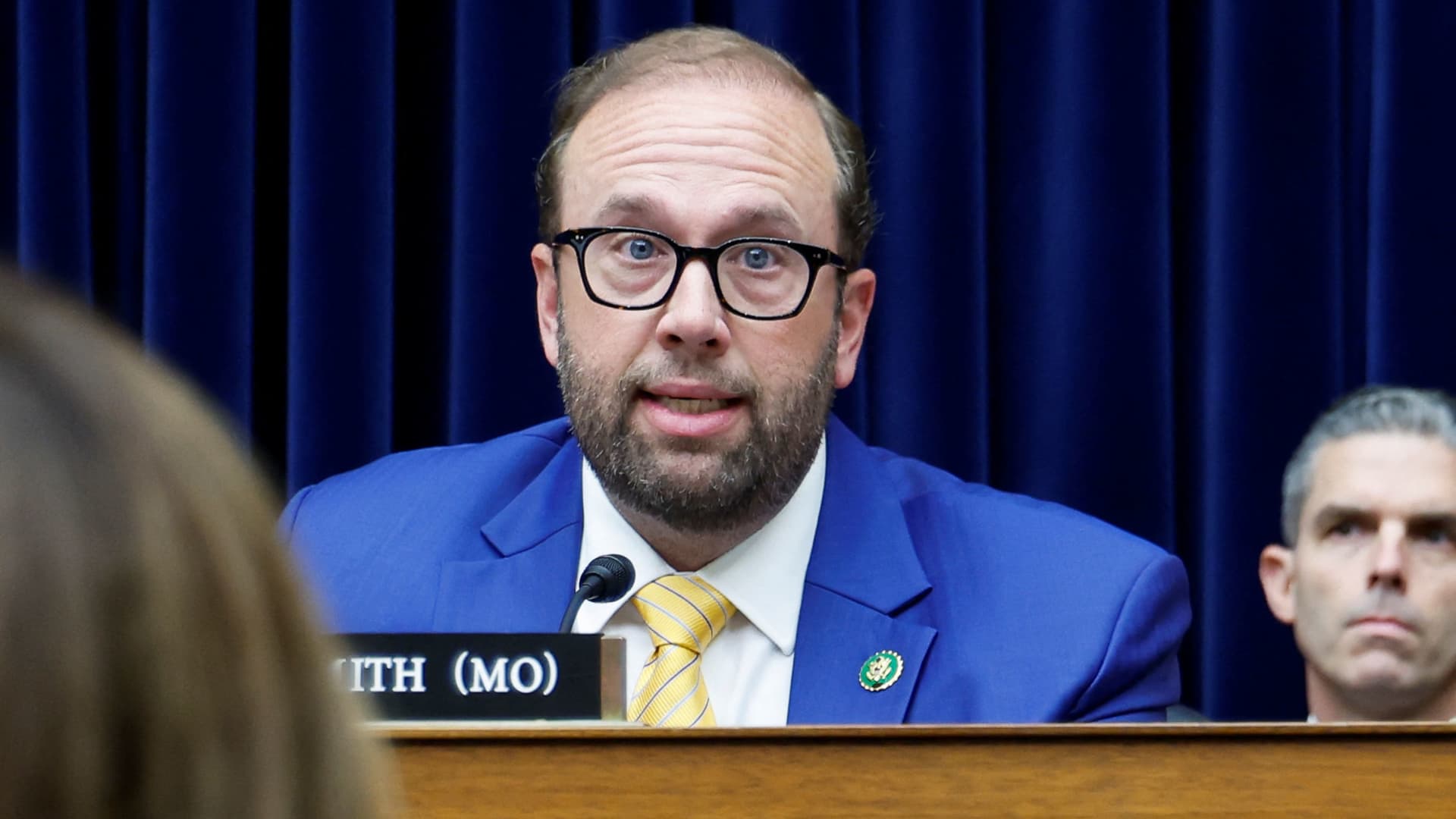



_1.jpg)







